204 Views
Potassium
Description
Potassium works alongside sodium in the body to maintain the correct fluid balance in the cells and constitutes about 5% of the total mineral content of the body.
Potassium is absorbed by the small intestines and is excreted mainly through urine and perspiration. The kidneys are able to maintain normal serum levels through their ability to filter, secrete and excrete potassium. Aldosterone, an adrenal hormone, stimulates potassium excretion.
Too much salt in the diet can deplete potassium because as the excess salt is excreted from the body it takes potassium along with it.
Coffee also increases the urinary excretion of potassium and alcohol depletes magnesium and potassium.
An adequate amount of magnesium is required to retain potassium in the cells.
Function
How potassium works in the body:
Works with sodium to help normalise the heart beat and nourish the muscular system
Unites with phosphorus to send oxygen to the brain
Works with calcium to regulate neurotransmitter activity
Necessary for normal growth in children
Regulates fluid balance in the cells
Maintains the correct acidity in body fluids
Assists in the conversion of blood sugars into energy
Assists in muscular nerve action
Aids in maintaining healthy skin
Stimulates the kidneys to eliminate poisons and waste from the body
Assists in the formation of muscle tissue
Assists in cell metabolism, enzyme reactions and the synthesis of muscle protein from amino acids in the blood
Deficiency Effects
Loss of appetite
Constipation
Mental apathy
Muscle fatigue
Dry skin
Headaches
Diabetes (factor)
Low blood sugar
Low blood pressure
Depression
Acne
Toxicity
There is no known toxic affect if kidney function is normal. However an excessively high intake can raise blood levels. The suggested daily recommended allowance (RDA) is 2000-2500mgs.
Medical and therapeutic Uses
The therapeutic uses for potassium are as follows:
Blood and circulatory system
Angina pectoris
Diabetes
Hypertension
Mononucleosis
Stroke
Bone
Fracture
Bowel
Colitis
Diarrhoea
Brain and nervous system
Alcoholism
Hypertension
Insomnia
Polio
Glands
Mononucleosis
Head
Fever
headache
Good Food Sources
Prunes (cooked) kiwi fruit, avocado, potato, molasses, banana, dried fruits, nuts and seeds, Legumes, including peas, lima beans, baked beans, pinto beans, soybeans, and lentils, Plantains, Spinach, Papayas, milk and many dairy products, including milk shakes, cheese and yogurt, Brussels sprouts, Orange juice, Broccoli, Oranges, Melons, Squash and other deep yellow vegetables, blessed thistle, barley grass, chickweed, dandelion and lemongrass

